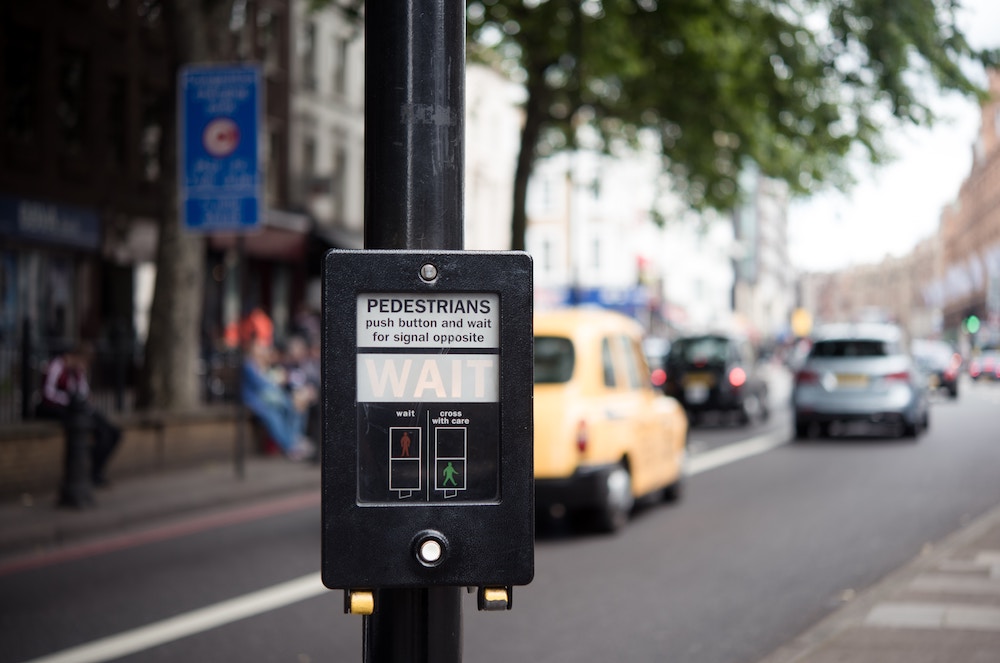
- Complaints happen, life isn’t fair, we breathe air… death and taxes are certainties too. Get that!
- Remember: nobody goes to work trying to do less than a good job.
- Complaints may be justified, but sometimes they aren’t. And sometimes they have a random element (as, sometimes are messages of appreciation).
- Usually the circumstances leading up to a complaint are multifactorial, and include several team members.
- Communication failure or misunderstanding are integral parts of most complaints.
- Receiving a complaint from a patient or relative is upsetting on a number of levels. We may feel distress, guilt, embarrassment (in the company of colleagues or staff), and/or anger. Anger particularly occurs when we feel we have really done our best or exceeded our duty on a patient’s behalf, and instead of gratitude, get a slap in the face. Sometimes we try too hard.
- When you receive a complaint, read it, read it again… and then pause. Have a break, have a coffee.
- Log it with the practice manager, and ensure that the practice complaints procedure is followed with a written acknowledgement, and notification of a formal time scale for a full reply. Offer a conciliation/resolution meeting if appropriate.
- Resolution invariably takes longer than we would wish: expect weeks as a minimum, months commonly, or longer for something serious. Try to ‘park it’ at times when the subject is in abeyance.
- Be objective, be candid, be honest. And share the complaint with a practice colleague (there may be a complaints lead). It is worth gauging the seriousness of the issue, and what the complainant may be trying to achieve. This may range from trouble (rare), to an admission that things could (and perhaps should) have been done better, an apology, a systems change to prevent recurrence, or money (also rare). Ask to meet a colleague outside of working hours if it might be helpful to discuss the issue in the absence of day-to-day pressures.
- Consider whether advice needs to be taken from an outside agency, eg: indemnity organisation or LMC. If so, this is best done early, and by telephone in the first instance.
- Remember that the indemnity organisation will be looking to get the matter closed as cleanly, quickly, and cheaply as possible. This may be at the expense of your pride, if you feel you have been criticised unfairly. This is when personal feelings have to be put aside and we have to understand this is process, not personal.
- Remember that if ancillary staff are involved, they’ll be distressed too: support them.
- Some complainants refuse to engage in discussion or meetings, and refuse to permit the doctor(s) room for explanation. This can be both frustrating and upsetting, but has to be respected.
- Some complainants complain for unexpected reasons, eg: ‘X happened Y years ago and they got away with it – I’m not going to let that happen again’. Occasionally a complaint can be a vehicle for assuaging a relative’s guilt at not having encouraged the patient to present earlier.
- Share that there is an ongojng complaint with your partner/spouse, without breaching medical confidentiality.
- Do not put anything at all on social media. (This will risk escalation and GMC censure.)
- Never retrospectively amend clinical records.
- Be very careful that any portfolio entry/reflection does not contain any patient or third party identifiable information. NB: ‘Patient identifiable’ has quite broad implications. ’67 yr old man with history of diabetes, Parkinson’s and Ca colon’ is highly likely to identify a single patient.
- Use practice protocols to analyse what has gone wrong (if anything has) and present the material at a practice complaints/SEA meeting.
- Remember that a complaint, on its own, is insufficient justification for asking a patient to seek their care from an alternative practice.
- Remember that swallowing pride and saying ‘Sorry’… even if you may not feel it justified may be an appropriate and pragmatic route to a quick resolution. It’s process, not personal.
- Learn, reflect, and gain some tools to help prevent recurrences.
- Be a more complete doctor for the experience, and support others in similar circumstances.
- Don’t ruminate: ‘SUMO’. (Shut up…..move on)
If you have any other strategies to add then please leave them in the comments below for others. They may be just what someone else needs to hear.









5